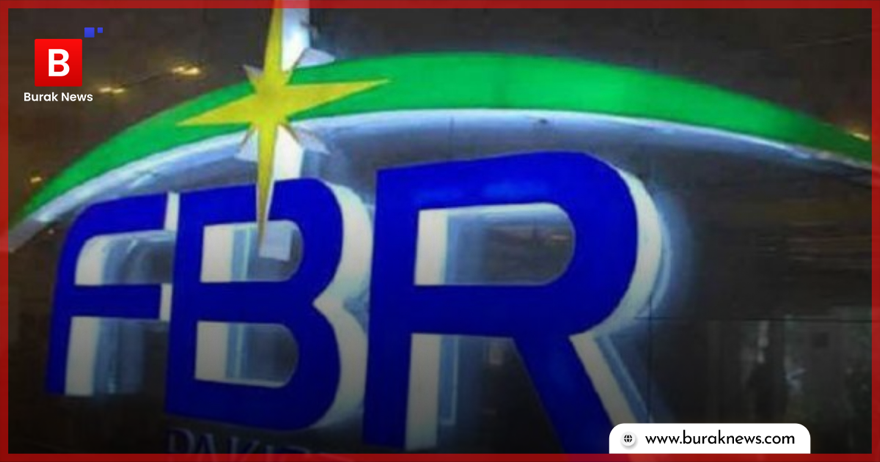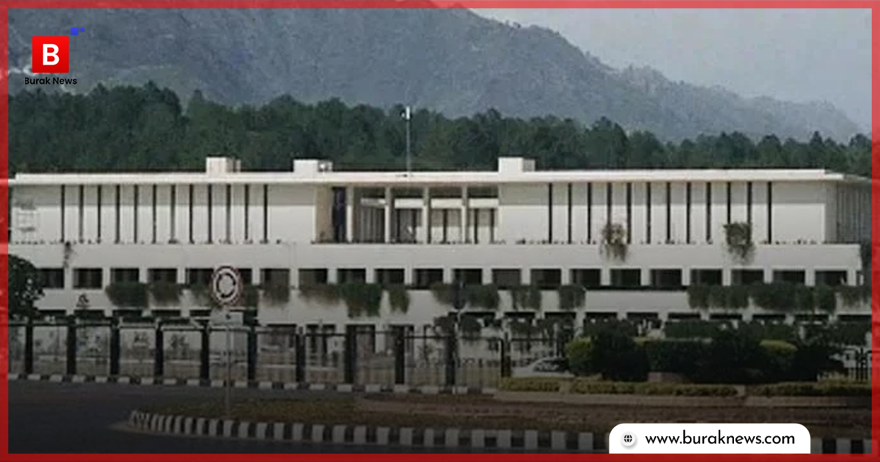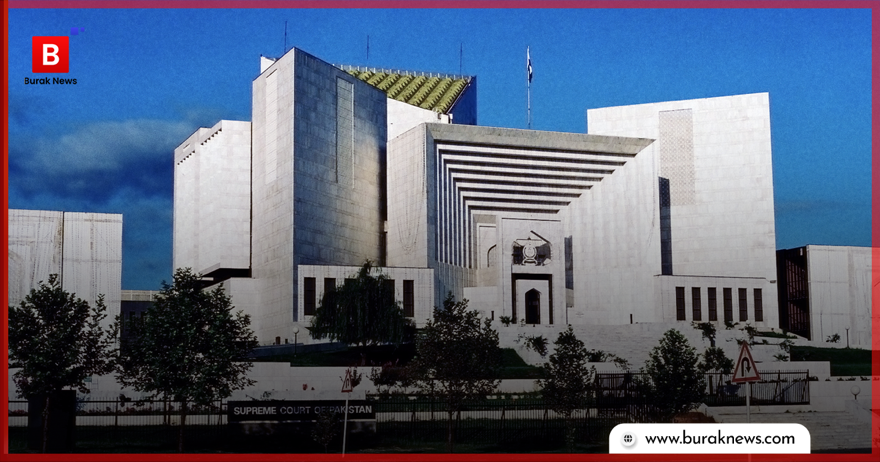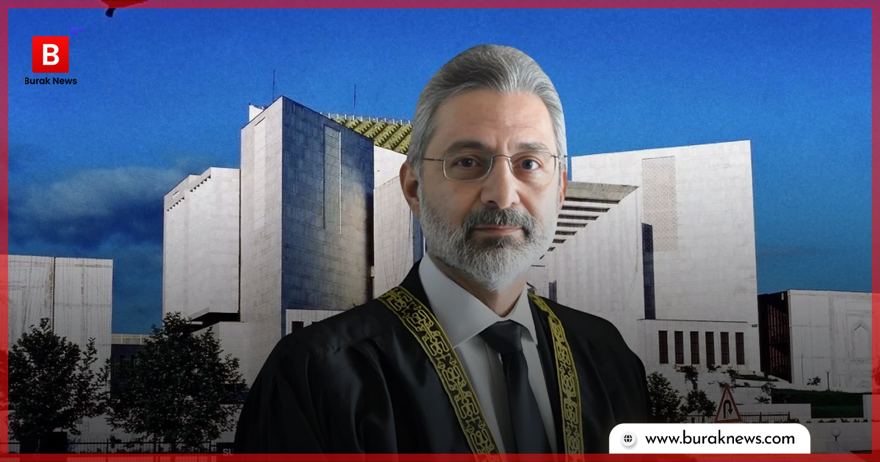FBR rules out mini-budget, aims to meet revenue targets despite challenges

The Federal Board of Revenue (FBR) on Wednesday confirmed that there are no plans for a mini-budget, expressing confidence in meeting its revenue goals despite significant challenges ahead.
The Senate Standing Committee on Finance and Revenue, chaired by Senator Saleem Mandviwalla, received this briefing from FBR Member Policy Hamid Ateeq Sarwar. Sarwar acknowledged the difficulty of achieving the tax target of Rs12.97 trillion for the fiscal year, citing issues such as difficulties in audits and staffing.
He revealed that out of 6 million registered taxpayers, only 2.5 million are actively contributing.
In response to these challenges, Sarwar declared that he would outline plans to bring on 4,000 auditors and include 2 million more traders into the tax system. “There are no new tax measures under consideration,” he emphasized. The FBR is also focusing on integrating wholesale markets into the tax system, though this remains a challenge.
In a separate briefing, SBP Governor Jameel Ahmad provided an update on the Islamic banking system, which is overseen by the Shariah Advisory Committee and the Shariah Compliance Department under the Shariah Governance Framework (SGF). The committee expressed concerns about Islamic banking regulations and requested a comparative report on SBP regulations for both Islamic and conventional banking.
The committee encourage the SBP to address the matter issue, in response to which governor described as a specific issue.
Senator Anusha Rehman countered saying whether losses in Islamic banking are passed on to clients, to which SBP official noted that Islamic banks typically adjust profit margins to protect consumers in competitive environments.
Senator Mandviwalla highlighted complaints that Islamic banks offer 4% lower returns compared to conventional banks. According to the SBP, Islamic banks had a return of 14.1 percent on deposits in July 2024, compared to 18.8 percent for conventional banks. Senator Mohsin Aziz noted that Islamic banks appear to offer lower returns and have fewer investment options.
The SBP governor acknowledged the concerns raised by the committee regarding loan disributions in Balochistan and Khyber Pakhtunkhwa. However he indicated that heavy government borrowing limits banks’ willingness to pursue other lending opportunities.
Additionally, the committee reviewed the Exim Bank, which was established in January with Rs230 billion under the Export Finance Scheme but is still without a CEO. Concerns were raised about the removal of the former CEO and the need for transparency regarding the criteria for appointments.
The committee approved the government’s “The Banking Companies (Amendment) Bill, 2024,” and a private member’s bill titled “The State Bank of Pakistan (Amendment) Bill, 2024,” introduced by Senator Mohsin Aziz. However, Senator Anusha Rehman abstained from voting raising concerns about lending practices in smaller provinces, especially in Balochistan and KPK.
Following the meeting, the SBP governor projected that inflation would remain around 11.5 percent, with GDP growth expected to be between 2.5 percent and 3.5 percent. He also noted that Pakistan’s current account deficit is anticipated to be about 1 percent of GDP.






